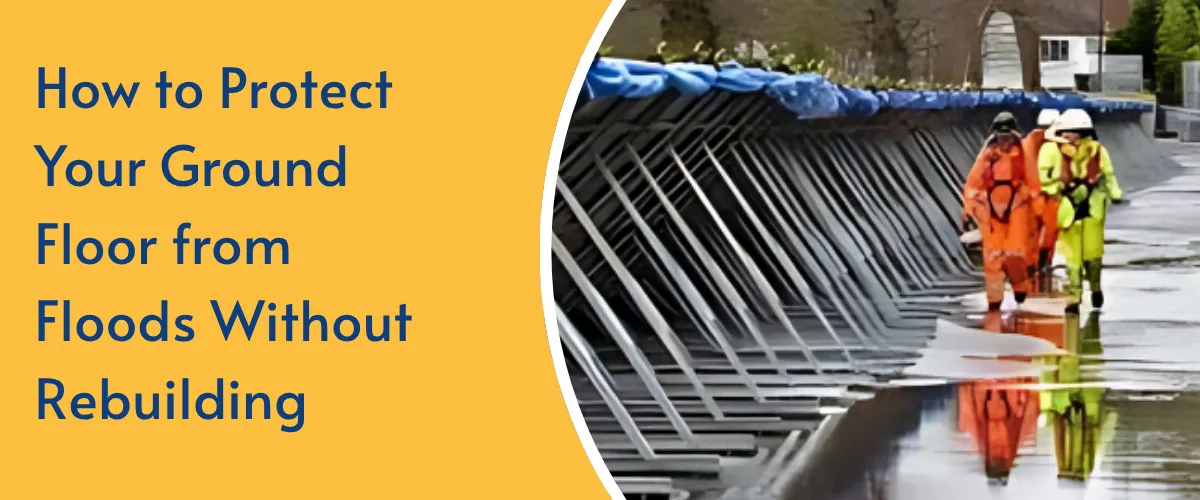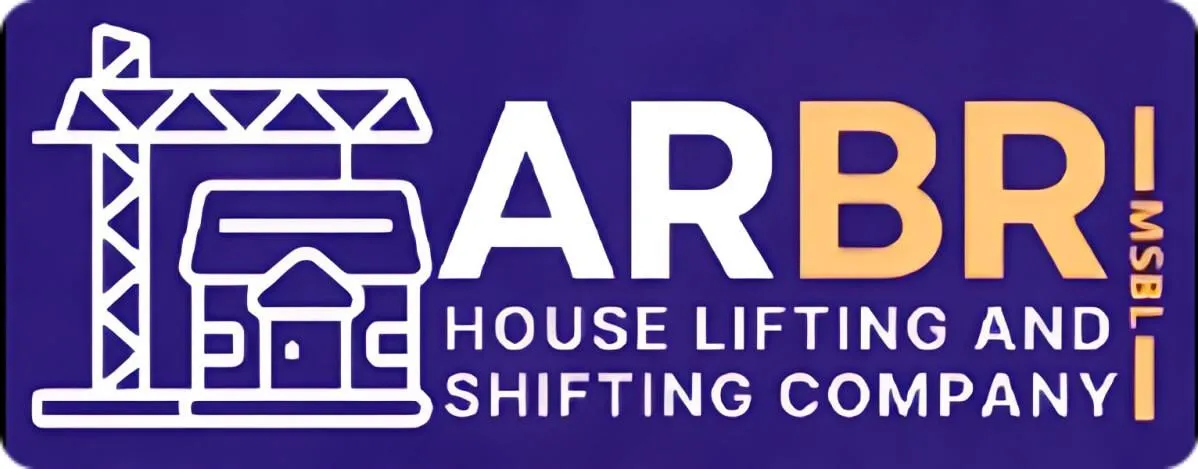8059168705 ,7900003073 , 9896639926
Barara Road Village Babain, Kurukshetra, Haryana - 136156

How to Protect Your Ground Floor from Floods Without Rebuilding
Every year, thousands of homeowners face the same nightmare: rainwater gushing inside their ground floor, damaging furniture, flooring, and precious memories. If you live in a low-level area or your road height has increased over time, you already know how helpless it feels during monsoons.
But here’s the truth: you don’t have to rebuild your home to escape flood damage. Modern house lifting services offer a smart, safe, and permanent way to raise your home without touching your structure or memories.
Let’s uncover how building lifting can protect your home from floods and make your life stress-free again.
The Real Reason Your Ground Floor Keeps Flooding
Floods don’t always happen because of nature. Sometimes, it’s the way our surroundings change.
Here are the most common causes:
1. Rising Road Level:
Municipal development and new construction often raise road height. As a result, your home ends up below road level, turning it into a flood trap.
2. Poor Drainage Systems:
Outdated or clogged drainage lines can’t manage heavy rainfall, causing dirty water to backflow into your home.
3. Low Foundation Design:
Older houses built 20–30 years ago often have shallow foundations not suited for today’s flood conditions.
4. Nearby Construction or Level Changes:
If neighbors raise their plots or new pavements are built, your house naturally becomes the lowest point, and rainwater always flows to the lowest level.
5. Climate Change:
Heavier and unpredictable rainfalls are increasing across India, making flood protection a must-have.
Why Rebuilding Isn’t the Smart Choice Anymore
Rebuilding may sound like a long-term fix, but in reality, it’s expensive, time-consuming, and emotionally draining.
Here’s why rebuilding doesn’t make sense anymore:
1. Costs 4-5x more than house lifting
2. Takes months of construction and approvals
3. Destroys your old structure and sentimental value
4. Creates massive demolition waste
Instead, house lifting service gives you the same result, a higher, flood-free home in a fraction of the cost and time.
What Is House Lifting?
House lifting service or building lifting is a modern engineering method that raises your entire home to a new, safer height — without damaging it.
Here’s how professional house lifting companies like ARBR do it:
1. Foundation Inspection: Engineers study your soil and structure to plan the lifting process.
2. Steel Beam Installation: Hydraulic jacks and beams are strategically placed under your home.
3. Gradual Lifting: The home is raised evenly, a few inches at a time, maintaining full balance.
4. New Foundation Construction: Once lifted, a new, stronger plinth or foundation is built underneath.
5. Finishing Work: All drainage, plumbing, and wiring are reconnected, restoring your home to normal — only now, it’s higher and safer!
The process can lift your house up to 5–6 feet or more, depending on flood levels in your area.
Benefits of House Lifting Service for Flood Protection
If you’ve ever wondered whether house lifting really works, here are the results you can expect:
1. Permanent Flood Protection
Once your house is lifted above road level, rainwater will never enter again, no matter how heavy the monsoon gets.
2. Save Money and Time
Why spend ₹25–30 lakhs rebuilding when you can lift your home safely for a fraction of the cost?
3. No Damage to Structure or Interiors
Professional house lifting services use advanced hydraulic systems to lift your home evenly, avoiding any cracks or interior damage.
4. Stronger Foundation
During the lifting process, a new and stronger base is built under your house, extending its life by decades.
5. Eco-Friendly & Waste-Free
House lifting avoids demolition, reducing dust, debris, and carbon waste, making it an environmentally responsible choice.
6. Increases Property Value
A raised, flood-protected home naturally increases in market value and attracts better buyers.
Myths About House Lifting
Myth 1: “It’s risky that the house can crack.”
Fact: When done by a professional house lifting company, the process is fully safe and damage-free.
Myth 2: “You need to vacate your house.”
Fact: In most cases, families can stay nearby while the lifting is in progress.
Myth 3: “It’s too costly.”
Fact: House lifting is one of the most affordable long-term flood protection methods available.
Myth 4: “It’s only for old houses.”
Fact: Both old and new RCC structures can be lifted safely with hydraulic technology.
How to Prepare for a House Lifting Project
1. Choose a certified and experienced house lifting company like ARBR.
2. Discuss the required height and foundation plan with engineers.
3. Secure and disconnect essential utilities like water and electricity.
4. Move valuable items or furniture safely.
5. Be available during key lifting stages for inspection.
Life After House Lifting — A Fresh Start
Once your home is raised, you’ll instantly notice:
1. No floodwater or dampness ever again.
2. Better air circulation and natural light.
3. Renewed confidence and peace of mind.
4. A property that’s stronger and more valuable than before.
It’s not just your house that rises your lifestyle, comfort, and happiness do too.
Why Choose ARBR House Lifting Service
When it comes to house lifting in India, ARBR is a trusted name with over 48,000+ successful projects completed nationwide.
Here’s why homeowners prefer ARBR:
1. Advanced hydraulic jacking systems for zero damage
2. Expert engineers with decades of experience
3. Transparent pricing & timeline commitment
4. 100% customer satisfaction guarantee
5. Serving homes, temples, and commercial buildings across India
With ARBR, your home is not just lifted, it’s secured, strengthened, and future-ready.
Conclusion: Rise Above the Floods
If you’re tired of living in fear every monsoon, it’s time to take action.
You don’t need to rebuild your dream home, you just need to lift it.
House lifting is the smartest way to protect your ground floor from floods permanently.
It’s safe, quick, affordable, and backed by modern engineering.
Choose ARBR House Lifting Service because every home deserves to stand tall, safe, and strong.
Location:
Barara Road Village Babain, Kurukshetra, Haryana - 136156
+919050898105
Call: +918059168705 , +917900003073 , +919896639926
